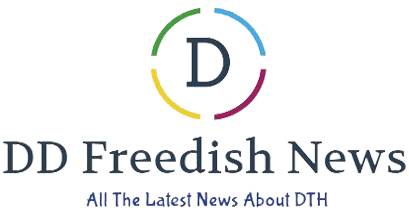In the defi world, market making is a process whereby users trade their tokens to support the lending or trading activities of a protocol. This is different to traditional exchanges where traders buy and sell on behalf of themselves, or on behalf of a brokerage or financial institution. With the rise of yield farming in 2020, this type of defi market making has become popular. However, there are a few things to consider before investing in these types of markets.
Most defi market makers involve counterparty risk. This is the risk that the person or organisation that borrows your funds will not return them. In order to mitigate this risk, most large defi protocols require that borrowers over-collateralize their loans. This means that they must deposit more than 100% of the amount borrowed in their own tokens, and can only withdraw this collateral if the protocol goes out of business or the platform is shut down.
A key consideration when looking at the performance of a defi market maker is their ability to minimise impermanent loss for pool participants. This is a function of the way that the pool is structured and managed. In general, the more flexible a liquidity pool is, the better it will perform in this respect.
Kyber Network, Uniswap and Balancer are a few of the most prominent defi market makers that offer a variety of pool configurations and features. Each offers a different approach, but all are similar in that they crowdsource liquidity by using smart contracts to automatically price assets in their respective pools. In 2021, these exchanges are processing billions of dollars in on-chain transactions each day.
Uniswap’s most popular pool is called Category 1. It charges a 0.25% pool fee to participants, and a 0.5% protocol fee to the network. The Uniswap team is working to introduce new, dynamic features that will allow the pool to improve its performance in the future.
Another popular defi market maker is 1inch, which offers liquidity across multiple markets on three different blockchain networks (i.e. Ethereum, BSC and Polygon). It also rewards participants with its own token, $1inch, in return for participation.
One of the biggest advantages that defi market makers offer is that they are much cheaper to operate than their traditional counterparts. This is because they can avoid the expensive transaction fees that are imposed by traditional exchanges, which can often add up to more than 10% of a trade’s total cost. This low operating cost has made defi market makers a popular alternative for many traders. However, it’s important to remember that these platforms have no oversight from government entities and could be subject to regulation in the future. Therefore, it’s important to research the platform in depth before making a commitment. This will help you make an informed decision about whether or not it’s the right fit for your portfolio.











